Addiction in the railroad industry: COVID-19 creates recovery uncertainties

As COVID-19 numbers continue to fluctuate, two things are certain: The economic impacts will be felt for a long time to come, and those who struggle with alcoholism and addiction in the railroad industry would be wise to pursue treatment now, while there are resources in place to provide it.
Like the aviation industry, the nation’s railroads have suffered in the wake of the coronavirus pandemic. One of the hardest hit has been Amtrak, which received more than $1 billion in federal relief from a $2 trillion bailout package passed by Congress in April, according to The Washington Post [1] — but that wasn’t enough to offset the company’s losses.
“It is clear that Amtrak faces daunting challenges in Fiscal Year 2021, which will require us to take action to protect our rail network, our critical capital assets, and the livelihoods of our employees,” Amtrak Chief Executive William J. Flynn told Congress in a May letter requesting additional monies [1]. “While we work towards a full recovery one day, our current projections tell us that we expect to see ridership drop by approximately 50%, down to just over 16 million riders in FY 2021.”
Because ridership and ticket revenue have fallen by 95 percent since the beginning of the COVID-19 pandemic, Amtrak is preparing to cut up to 20 percent of its workforce in the next fiscal year — which begins Oct. 1 — according to The Wall Street Journal [2]. And given a report last year that “hundreds of Amtrak employees have slipped past the railroad’s drug and alcohol testing regime in recent years” — again according to The Wall Street Journal [3] — that means the clock is ticking for many individuals who are grappling with addiction in the railroad industry.
Industry-wide COVID-19 ripple effects
 Amtrak may be the most visible rail carrier affected by COVID-19, but it’s far from the only railroad dealing with massive economic upheaval because of the pandemic. Consider:
Amtrak may be the most visible rail carrier affected by COVID-19, but it’s far from the only railroad dealing with massive economic upheaval because of the pandemic. Consider:
- “Fort Worth-based BNSF … has had to reduce its workforce at locations across its network in 28 states and three Canadian provinces, where it runs about 32,500 miles of track,” according to The Dallas Morning News [4].
- In May, “The Union Pacific Railroad Company decided to close their warehouse in Rotterdam due to lower delivery volume, and industry experts tell us this is a growing trend in the industry during this pandemic.” [5]
- According to Yahoo Finance [6], “Norfolk Southern anticipates the coronavirus-induced adversities to affect its second-quarter performance (volumes have declined as much as 30% in April) as well as its current-year results. The company expects volumes to decline across all segments.”
- At the UBS Global Industrials and Transportation Conference earlier this month, Kansas City Southern COO Jeffrey Songer said the railroad “will reduce its management staff by roughly 7%, representing 100 to 150 employees, in the second half of 2020.” [7]
Overall, rail service shipping has fallen off sharply since the pandemic started. CSX Transportation CEO Jim Foote, in an online Deutsche Bank conference this week [8], pointed out that some industries, like automobiles, are down more than 80 percent from this time last year: “U.S. railroads originated 740,171 carloads in May, a decrease of 27.7% from May 2019, according to the Association of American Railroads. Meanwhile, U.S. railroads originated 912,922 intermodal containers and trailers in May, a decrease of 13%. Combined U.S. carload and intermodal originations in May 2020 were 1,653,093, down 20.2%.”
What does that mean? Less shipping means less of a workforce demand, and to cut costs, major rail carriers may be forced to look at slashing jobs. Whether it’s a certainty or a possibility, and when it will take place if it’s the former, is still up in the air, says Jill Burbidge, director of the Railroad Program at Cornerstone of Recovery, a drug and alcohol treatment center located near Knoxville, Tennessee.
That uncertainty, she adds, has prompted several railroad employees to get help for a drug and alcohol problem now rather than waiting.
“It’s causing employees to really take a look at their own drinking,” she says. “They’ve started thinking about their futures — ‘I’m an OK employee, but if I’m going to keep my job, I need to jump it up a notch, and maybe my drinking is impacting that.’”
Alcoholism and addiction in the railroad industry: Act now!
 Job losses, of course, mean the loss of health insurance plans that can pay for drug and alcohol treatment. And that, Burbidge says, should be something that anyone who struggles with addiction in the railroad industry thinks long and hard about: If there’s a problem, kicking the can down the road may mean a layoff occurs before treatment is received, and the resources to pay for drug and alcohol treatment are no longer there.
Job losses, of course, mean the loss of health insurance plans that can pay for drug and alcohol treatment. And that, Burbidge says, should be something that anyone who struggles with addiction in the railroad industry thinks long and hard about: If there’s a problem, kicking the can down the road may mean a layoff occurs before treatment is received, and the resources to pay for drug and alcohol treatment are no longer there.
“Someone doesn’t have to reach rock bottom to do something about a potential problem,” she says. “When they call to talk to me, I tell them, ‘It sounds like you’re struggling with a lot of different things. Why don’t you let us help you with that?’ Because that’s what we do — we’ll help you navigate these things that you’re going through in your personal life and help you find out if your drinking is contributing to that.”
As is often the case, employees struggling with alcoholism and addiction in the railroad industry often find that they’re the last to know about a potential problem. That’s not a unique situation to railroaders — most people with a drug or alcohol problem feel like they’ve kept it under wraps, only to find out that friends and family members suspected something was amiss.
“I talked to a wife yesterday, and she told me that while she was packing his bag (to come to treatment), he told her, ‘You’re kind of acting like you’re excited that I’m going!’ And she told him, ‘I am! You need this help!’” Burbidge says. “It’s interesting, because often these guys call just to get a feel for what sort of help might be out there, but then when they talk to their loved ones, they’re actually shocked that their family members are excited for them to come to treatment, because they think they’ve hid it so well.”
 Of course, fear is a big impediment to those dealing with a drug or alcohol problem getting the help they need. Railroaders are a different — and proud — breed of workers, Burbidge acknowledges, and many worry about how they’ll be perceived should word get out that they’ve gone to rehab.
Of course, fear is a big impediment to those dealing with a drug or alcohol problem getting the help they need. Railroaders are a different — and proud — breed of workers, Burbidge acknowledges, and many worry about how they’ll be perceived should word get out that they’ve gone to rehab.
“I let them know that even if they go through an (Employee Assistance Professional), that they’ll be placed on a medical leave — and that can range from, ‘I broke my ankle’ to, ‘I’m getting help for substance abuse’ to, ‘I’m getting help for mental illness,’” she says. “All your job will know is that you’re off on a medical leave. Unless you choose to tell somebody you work with, it’s not going to get out in the workforce.”
It’s important to remember: Drug and alcohol treatment is about more than just stopping the use of a substance, Burbidge points out. It’s about a lifestyle change, the goal of which is to return those who seek help to their families, jobs and communities as responsible, productive, confident and content individuals. And those changes are ones that friends, family members and coworkers will take note of.
“Even if you don’t use on the job, if you’re sober while you work, there are traits that are very apparent when you’re using and drinking,” Burbidge says. “When you get home, you’re not showing those anymore because your behavior has changed, and people notice.”
Those are all positives, Burbidge adds — and more importantly, they’re ones that don’t disappear, even if a job does. Getting laid off is hardship, but for those dealing with alcoholism and addiction in the railroad industry, sobriety can make such a hardship easier to deal with.
“Right now, everything is up in the air when it comes to the railroad industry,” she says. “At Cornerstone of Recovery, we’re a nationally recognized leader in the treatment of railroaders. We’ve worked with the major railroads for years, and what we do has made a difference in the lives of hundreds of their employees.
“Getting help for a drug or alcohol problem is nerve-wracking. We understand that. But right now, these men and women are probably worried about losing their jobs as well — which is why we encourage anyone who’s struggling to get help, now, so that if there are job cuts, they’ve gotten on top of something that might only make the situation worse.”
SOURCES
[1]: https://www.washingtonpost.com/transportation/2020/05/26/amtrak-says-it-needs-another-15-billion-bailout-stay-afloat/
[2]: https://www.wsj.com/articles/amtrak-prepares-to-cut-20-of-workforce-11590529328
[3]: https://www.wsj.com/articles/amtrak-struggles-to-screen-workers-for-drug-alcohol-abuse-report-finds-11552584191
[4]: https://www.dallasnews.com/business/local-companies/2020/06/10/warren-buffetts-fort-worth-based-bnsf-cuts-jobs-as-railroads-feel-covid-19-pain/
[5]: https://cbs6albany.com/news/coronavirus/union-pacific-closes-local-warehouse-low-demand-from-pandemic-makes-reopening-unlikely
[6]: https://finance.yahoo.com/news/norfolk-southern-hurt-low-volumes-142502455.html
[7]: https://www.supplychaindive.com/news/kansas-city-southern-PSR-cost-cuts/579106/
[8]: https://247wallst.com/transportation/2020/06/11/analysts-are-on-board-with-csx-stock/





